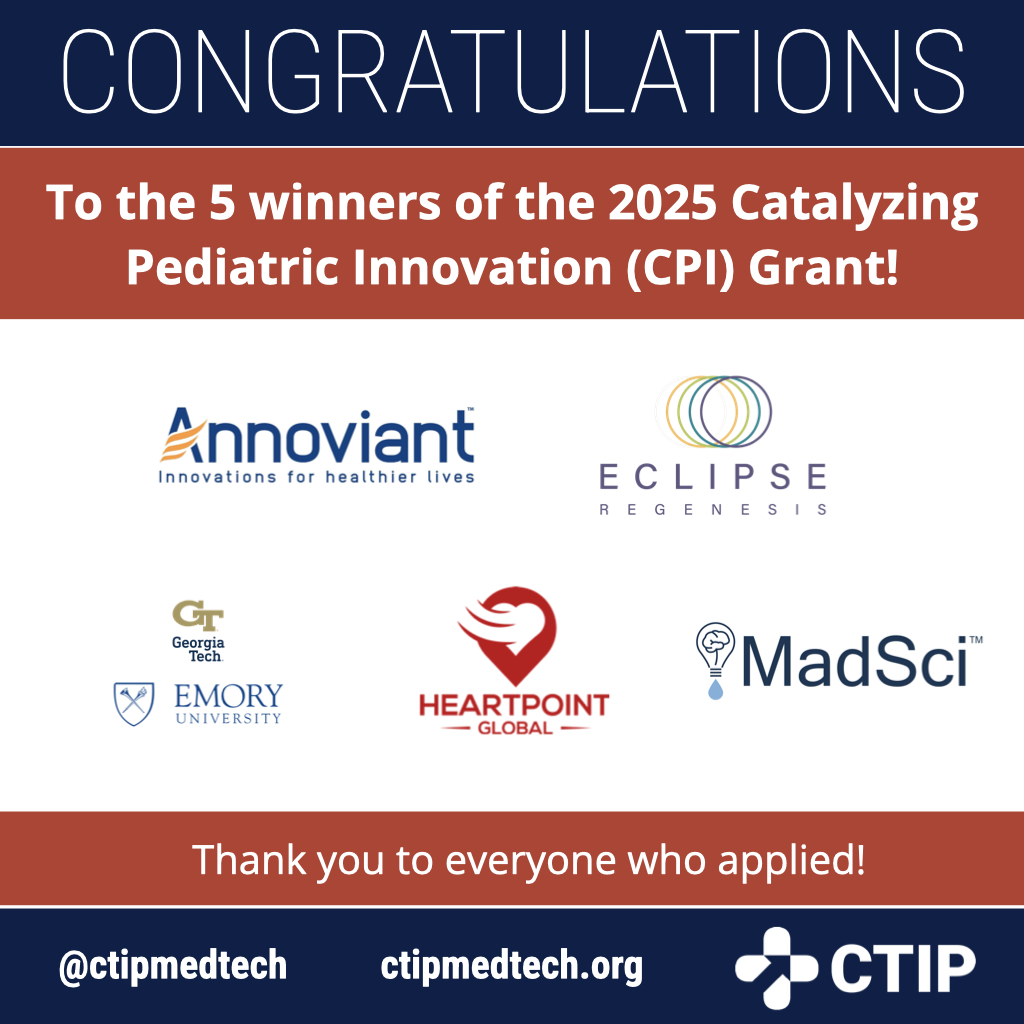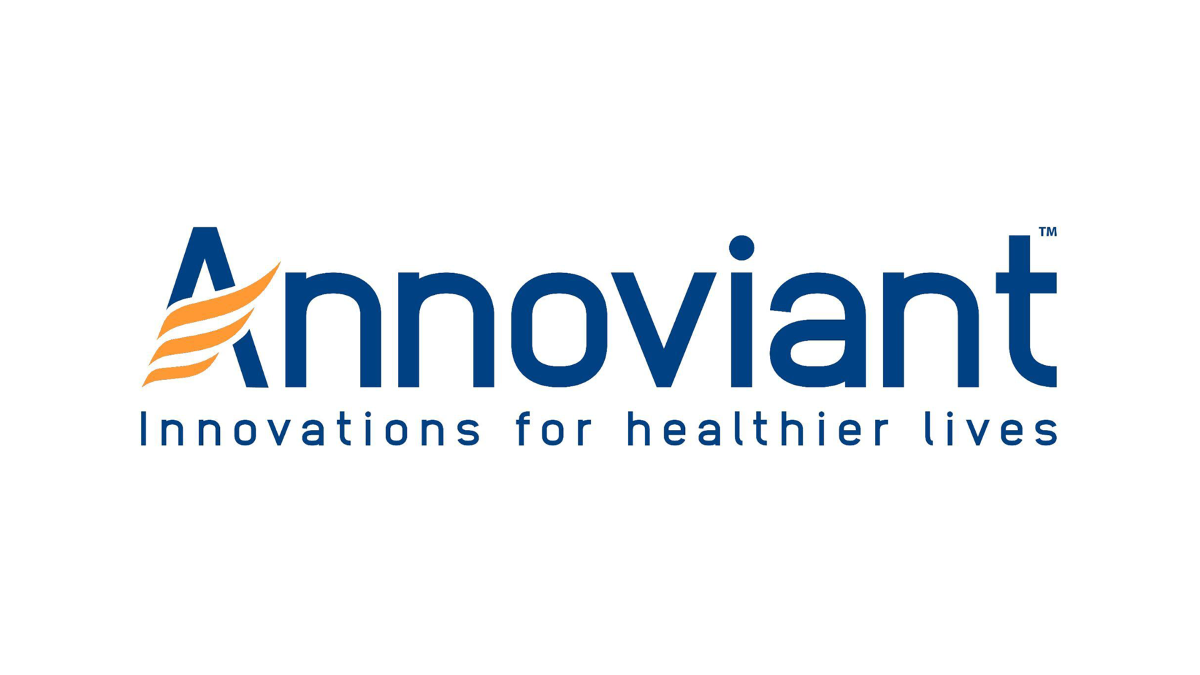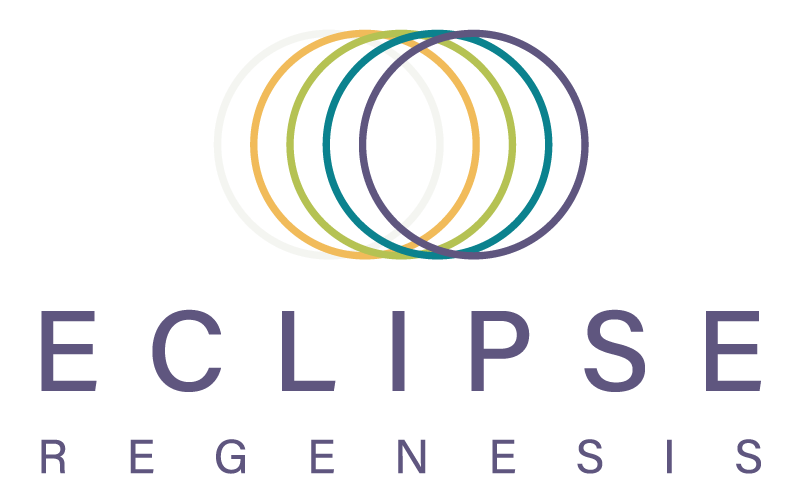
CHICAGO, IL - AUGUST 28, 2025 - The Consortium for Technology & Innovation in Pediatrics (CTIP), centered at Ann & Robert H. Lurie Children's Hospital of Chicago, awarded $250,000 in seed grants to accelerate medical device projects specifically designed to improve the safety and delivery of care to infants and children.
Five innovators developing novel devices and technologies for pediatric patients were selected as winners for CTIP’s ninth annual Catalyzing Pediatric Innovation (CPI) Grant competition.
Children have long been an underserved population in the technology space, often having to deal with medical devices that were never designed for them and lack of access to diagnostics and therapeutics that meet their specific needs. The Consortium for Technology & Innovation in Pediatrics (CTIP) aims to change that by supporting pediatric device innovators from concept to commercialization through funding, advising, networking, and advocacy.
CTIP reviewed many innovative products and concepts in the pediatric medical device space that were submitted for application for our 2025 Catalyzing Pediatric Innovation Grant. Applications included device projects across 37 different pediatric subspecialties, all anticipated FDA device classes (Class I, II, and III), and were received from 26 states.
The 2025 winners are as follows:

Annoviant is developing a durable aortic bioprosthetic alternative using decellularized, TxGuard®-stabilized porcine aortic valves. Decellularization removes immunogenic cells while preserving the extracellular matrix (ECM), promoting host cell infiltration and minimizing immune rejection. Their TxGuard® treatment physically stabilizes the ECM by reinforcing collagen and elastin, reducing enzymatic degradation and calcification—the primary causes of bioprosthetic valve failure.
LinkedIn: Annoviant Instagram: Annoviant

Eclipse Regenesis, Inc. seeks to shift the current short bowel syndrome (SBS) treatment paradigm by developing a groundbreaking therapy that gives SBS patients a chance to grow their intestine to restore normal function. The Eclipse XL1 Distraction Enterogenesis System uses a stent-like mechanical device that leverages a simple stretch response of the tissue to stimulate the body to grow new intestine to replace tissue that was lost.
LinkedIn: Eclipse Regenesis Instagram: Eclipse Regenesis

Collaborators at Emory University and Georgia Institute of Technology have developed a Micro Sweat Test Patch (µSTP) to address the current limitations of Cystic Fibrosis diagnosis. The solution utilizes microneedles to painlessly deliver pilocarpine for sweat induction without iontophoresis, a microfluidic channel to collect sweat, and a sensor to measure chloride concentration without laboratory testing. Its simple operation allows use with minimal training and provides point-of-care measurements in-clinic, reducing delay in care.

HeartPoint Global is developing the IntelliStent® system, a novel, minimally invasive, adjustable pulmonary flow restrictor for pediatric patients. Intellistent® is a system of nitinol self-expanding stents that can be placed in the main or branch pulmonary arteries. The stents are coated with a non-permeable polymer that adjusts blood flow and pressure by channeling blood through a smaller opening at the distal end of the stent. Delivered percutaneously via the central veins, Intellistent® enables post-implantation adjustment of pulmonary blood flow for change in clinical needs and to accommodate patient growth.
LinkedIn: Heartpoint Global

Madison Scientific is developing the SmartShunt™ Hydrocephalus Management System, designed to be an integrated solution for enabling personalized and informed hydrocephalus management. The SmartShunt device is capable of monitoring intracranial pressure to optimally drain cerebrospinal fluid. The system aims to reduce shunt failures and complications while enabling novel diagnostic capabilities, thereby reducing healthcare costs and improving quality of life for children and families.
LinkedIn: Madison Scientific
-------------
For more updates from CTIP about pediatric MedTech follow us @ctipmedtech on Twitter, Facebook & Instagram, Consortium for Technology & Innovation in Pediatrics on LinkedIn, and the web at www.ctipmedtech.org
The Consortium for Technology & Innovation in Pediatrics (CTIP) is an FDA-funded pediatric MedTech accelerator centered at Lurie Children’s Hospital and Children's Hospital Los Angeles. Our goal is to facilitate the development, production, and distribution of pediatric medical devices by identifying companies working in the space and providing advice, networking, and direct and indirect financial support on the road to commercialization.
Contact us at info@ctipmedtech.org.